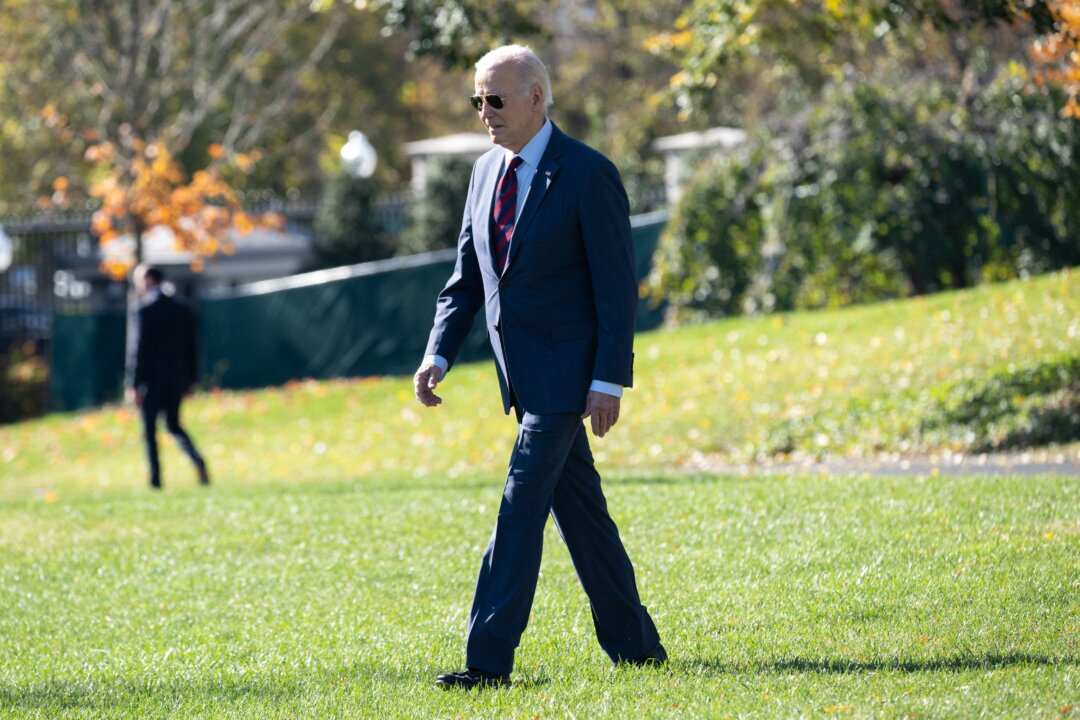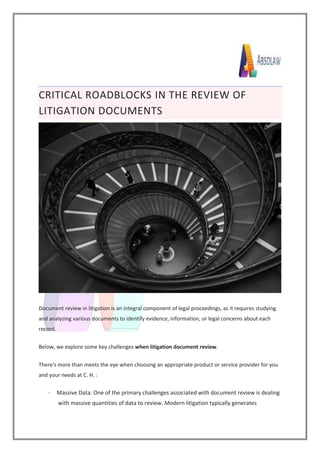The Ongoing Battle: Car Dealers' Renewed Opposition To EV Mandates

Table of Contents
The automotive industry is in the midst of a dramatic transformation, and the tension is palpable. Government bodies worldwide are increasingly pushing for the adoption of electric vehicles (EVs) through various policies, most notably EV mandates. These mandates, which often set targets for the percentage of EV sales or registrations, are designed to accelerate the transition to a cleaner transportation sector. However, this push is meeting significant resistance from a powerful player: car dealerships. This article delves into the reasons behind car dealers' renewed opposition to EV mandates, exploring the economic challenges, adaptation difficulties, and the arguments fueling the ongoing debate.
<h2>Economic Concerns Fueling Dealer Resistance to EV Mandates</h2>
The transition to EVs presents substantial economic hurdles for car dealerships. The upfront investment required is considerable, posing a significant threat to their profitability and potentially leading to financial instability for many businesses.
- High Initial Investment: Dealerships face increased costs associated with servicing electric vehicles. This includes:
- Investing in specialized tools and equipment for EV battery repair and maintenance.
- Implementing costly employee retraining programs to equip their technicians with the necessary skills to work on EVs.
- Building and maintaining charging infrastructure on their premises, requiring significant capital outlay. This might mean installing multiple chargers of different types to accommodate various EV models.
- Reduced Profit Margins: Currently, the profit margins on EVs are often lower than on internal combustion engine (ICE) vehicles. This is due to factors such as higher manufacturing costs and intense competition. The transition to EVs could result in a reduction of overall dealership profits, particularly in the short to medium term.
- Lower Sales Volume (Initially): Consumer adoption of EVs is still in its early stages. Many consumers remain hesitant due to concerns such as:
- Range anxiety (fear of running out of battery charge).
- Limited availability of public charging stations.
- Higher initial purchase prices compared to equivalent ICE vehicles.
- Perceived performance limitations compared to petrol or diesel alternatives. This perception is slowly changing with advancements in EV technology.
- Infrastructure Obsolescence: Existing dealership infrastructure, designed for servicing ICE vehicles, might become partly obsolete. Dealerships may need to repurpose service bays, invest in new equipment and adapt their space to accommodate EV charging stations and specialized repair equipment. This represents another substantial cost.
<h2>Challenges in Adapting to the EV Sales Model and its Impact on Dealers</h2>
The shift to EVs is not just about servicing; it's also about fundamentally changing the sales model. This transformation presents further challenges for dealerships.
- The Rise of Online Sales: The EV market is increasingly dominated by online sales and direct-to-consumer models. This reduces the reliance on traditional showrooms and impacts sales commission structures. Dealerships need to adapt to this digital transformation and invest in online marketing and sales strategies.
- Inventory and Supply Chain Issues: Managing EV inventory poses distinct difficulties. Dealerships are reliant on manufacturers' supply chains, which can be volatile and lead to significant delays in EV deliveries. The various battery technologies and their varying lifespans add further complexity to inventory management and forecasting demand.
- Reduced Servicing Revenue: EVs require less frequent maintenance than ICE vehicles, leading to reduced revenue streams for dealerships' service departments. This impacts parts sales, service appointments, and overall service department profitability. Dealerships need to diversify their service offerings to compensate for this reduction.
<h2>Arguments Used by Dealers Against EV Mandates – A Closer Look</h2>
Dealerships often raise several arguments against EV mandates, many centered around economic viability and market readiness.
-
Common Arguments Against EV Mandates: Dealers frequently cite:
- Lack of sufficient consumer demand for EVs.
- Insufficient charging infrastructure in many areas.
- Concerns about the strain on the electricity grid caused by widespread EV adoption.
- Uncertainties surrounding battery technology's long-term reliability and sustainability.
- The high initial investment costs required to adapt their businesses to EV servicing and sales.
-
Counter-Arguments: However, these arguments can be countered by highlighting:
- Government incentives aimed at boosting consumer demand and supporting dealership transitions to EVs.
- Ongoing investment in expanding charging infrastructure.
- Advancements in battery technology, resulting in increased range, longer lifespans, and improved safety.
- The substantial environmental benefits of EVs, mitigating climate change and improving air quality.
- The long-term economic growth potential of the EV industry, creating new jobs and stimulating innovation.
-
Lobbying Efforts: Dealer associations are actively lobbying against EV mandates, using various strategies including:
- Influencing political decision-making processes.
- Launching media campaigns to shape public opinion.
- Collaborating with other stakeholders in the automotive industry to create a united front.
- Employing legal challenges to contest the legality or implementation of EV mandates.
<h2>Conclusion: Navigating the Future of EV Sales and the Ongoing Debate</h2>
The transition to electric vehicles is a complex process fraught with challenges, particularly for car dealerships. The economic concerns, adaptation difficulties, and political pressures surrounding EV mandates create a challenging environment for businesses to navigate. While dealers have legitimate concerns about the speed and impact of the transition, ignoring the environmental imperatives and the long-term benefits of EV adoption isn't a viable solution. A collaborative approach is crucial, involving government support for dealerships, investment in charging infrastructure, and consumer education. Further discussion and proactive solutions, including financial support mechanisms and incentives designed to ease the transition for dealerships, are essential to address the concerns surrounding EV mandates and ensure a successful future for the automotive industry. We need to find a way to balance the concerns of the dealers with the urgency of tackling climate change and embracing a greener future for transportation.

Featured Posts
-
 Analyzing Current Nuclear Litigation A Comprehensive Overview
May 02, 2025
Analyzing Current Nuclear Litigation A Comprehensive Overview
May 02, 2025 -
 Kashmiri Cat Owners Alarmed By Viral Social Media Posts
May 02, 2025
Kashmiri Cat Owners Alarmed By Viral Social Media Posts
May 02, 2025 -
 Bharty Hkwmt Ky Kshmyr Palysy Pr Agha Syd Rwh Allh Mhdy Ka Shdyd Ahtjaj
May 02, 2025
Bharty Hkwmt Ky Kshmyr Palysy Pr Agha Syd Rwh Allh Mhdy Ka Shdyd Ahtjaj
May 02, 2025 -
 Shop Harry Potter Series Merchandise Online Celebrate International Harry Potter Day
May 02, 2025
Shop Harry Potter Series Merchandise Online Celebrate International Harry Potter Day
May 02, 2025 -
 Lady Raiders Narrow Home Loss To Cincinnati 56 59 Game Recap
May 02, 2025
Lady Raiders Narrow Home Loss To Cincinnati 56 59 Game Recap
May 02, 2025
Latest Posts
-
 Liverpool Fc Assessing Frimpong Interest And Elliotts Situation
May 03, 2025
Liverpool Fc Assessing Frimpong Interest And Elliotts Situation
May 03, 2025 -
 Key Role Identified Souness On Arsenals Lost Title Bid
May 03, 2025
Key Role Identified Souness On Arsenals Lost Title Bid
May 03, 2025 -
 Frimpong And Elliott Latest Liverpool Transfer Updates
May 03, 2025
Frimpong And Elliott Latest Liverpool Transfer Updates
May 03, 2025 -
 The Missing Piece Souness On Arsenals Title Challenge
May 03, 2025
The Missing Piece Souness On Arsenals Title Challenge
May 03, 2025 -
 Liverpool Transfer News Frimpong Talks And Elliotts Future
May 03, 2025
Liverpool Transfer News Frimpong Talks And Elliotts Future
May 03, 2025
